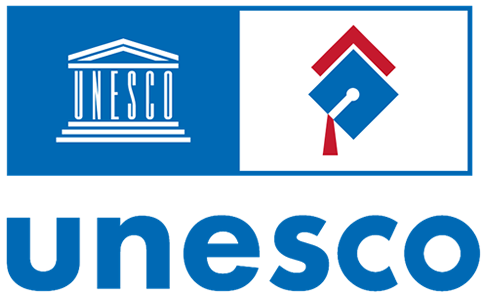Scholarly communication strategies in Latin American´s research-intensive universities
Abstract
Universities engaged in producing high quality research have been in existence for centuries in Latin America, but only in the last two decades has the research-intensive model become the standard to be achieved by most public universities in the region. The increased emphasis on scholarly publication in the region has coincided with the rise of the Internet and with the emergence and growth of the Open Access (OA) movement. It is in this context, we explore three main issues: 1. How OA has been understood and incorporated into the publishing practices of faculty in research-intensive universities; 2. How OA has been understood and incorporated into the assessment practices of the national systems of Research and Development (R&D); and 3. How can we understand the dynamics of convergence between the growth of research and growth of OA in the region. We find that the inclusion of SciELO and RedALyC in the evaluation systems of the research-intensive university and of R&D national systems has given prominence to OA in the region and that this has, in turn, given credence to the evaluation practices of such OA initiatives. While it is impossible to determine direct causation between these OA initiatives (and associated technologies) on the quantity and quality of Latin American research, we conclude that they have been a crucial mechanism of support for researchers, universities, and for national systems of innovation.
Copyright (c) 2012 Revista Educación Superior y Sociedad (ESS)

This work is licensed under a Creative Commons Attribution-NonCommercial 4.0 International License.
Copyright notice
Copyright allows the protection of original material, and curbs the use of others' work without permission. UNESCO IESALC adheres to Creative Commons licenses in the open access publication of ESS. Specifically, texts published in this journal are subject to a Creative Commons Attribution-NonCommercial 4.0 International (CC BY-NC 4.0) license: ESS is an open access journal, which means that all content is freely available to the user or their institution. Users may read, download, copy, distribute, print, search or link to the full text of the articles, or use them for any other lawful purpose, without asking prior permission from the publisher or the author, always making sure to cite the author. Commercial use is not permitted. ESS requires authors to accept the Copyright Notice as part of the submission process. Authors retain all rights.
The full license can be found at https://creativecommons.org/licenses/by-nc/4.0/
 Attribution - NonCommercial (CC BY-NC 4.0)
Attribution - NonCommercial (CC BY-NC 4.0)
This journal does not charge authors for the submission or processing of articles. The authors of the contributions will receive acknowledgment of receipt that the work has reached the Editorial Team of the Journal.




.png)
